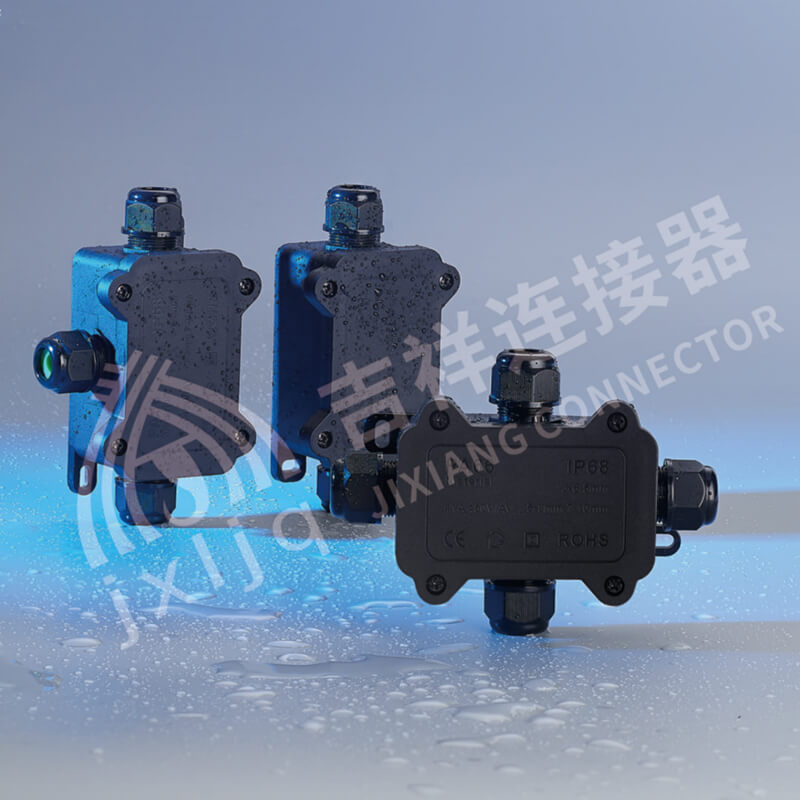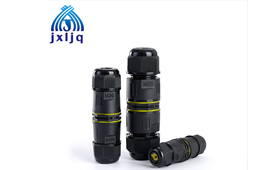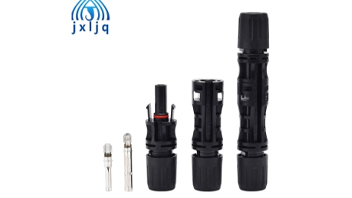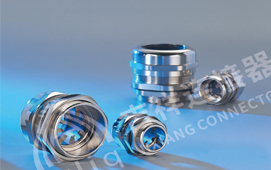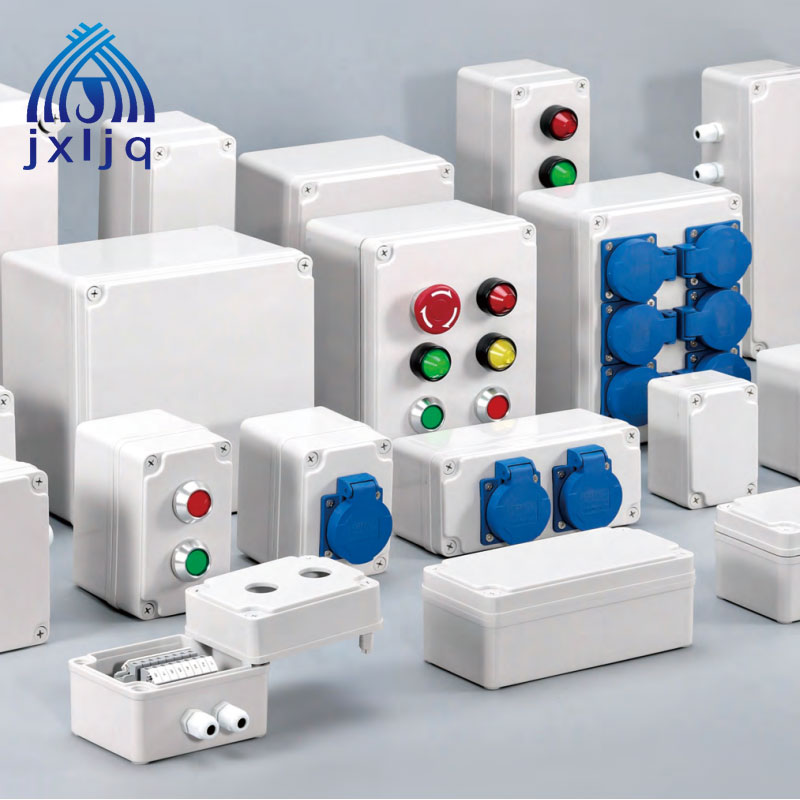How to choose the right Mini Junction Box?
When choosing a Mini Junction Box, several key aspects must be considered.
For application scenarios, in indoor dry settings like ordinary home lighting or sockets, a regular plastic Mini Junction Box suffices. It's cost-effective and easy to install. Outdoors, such as for street lights or surveillance cameras, a waterproof one with at least IP54 protection level (ideally IP65 or IP68) is essential. In ordinary industrial or office areas, corrosion resistance isn't a major concern, but in chemical or food processing with corrosive substances, a stainless steel or specially treated plastic box is needed.
Regarding electrical parameters, it must match the connected equipment's voltage and current. Household Mini Junction Boxes may handle 220V and 10A, while industrial ones often require 380V and 20A or more. Incorrect selection can cause overheating or short circuits. Also, the interface size should fit the wire specifications, like 1.5, 2.5, or 4 square millimeters, to ensure proper electrical connection.
In terms of material and quality, plastic Mini Junction Boxes are lightweight, insulating, and cheap, suitable for general civilian and light industrial use. Metal ones, like stainless steel or carbon steel, have high strength, good fireproof and anti-electromagnetic interference capabilities, ideal for harsh industrial or outdoor environments. Quality-wise, a good Mini Junction Box has a smooth, flawless shell with uniform color and clear markings. The internal terminals should be firm, with no rust on metal parts and no deformation or cracking of plastic. Opting for well-known brands with UL, CE certifications ensures better quality and safety.
Installation methods include surface-mounted, convenient for installation and maintenance but less aesthetically pleasing, and concealed-mounted, which requires grooving and is more complex but offers a neater look. Space limitation is also crucial. In narrow electrical control cabinets or embedded devices, a smaller-sized Mini Junction Box is necessary for smooth installation and operation, and sufficient space around it for wiring and heat dissipation should be ensured.
Functionally, some Mini Junction Boxes have special features. For equipment demanding high safety and stability, like precision instruments and electronics, those with fuses, circuit breakers, signal isolation, or lightning protection are preferable. Expandability is important too. As electrical equipment or circuits change, a Mini Junction Box with spare interfaces or pluggable modules allows for easy expansion and upgrade, preventing the need to replace the entire device due to capacity issues.
